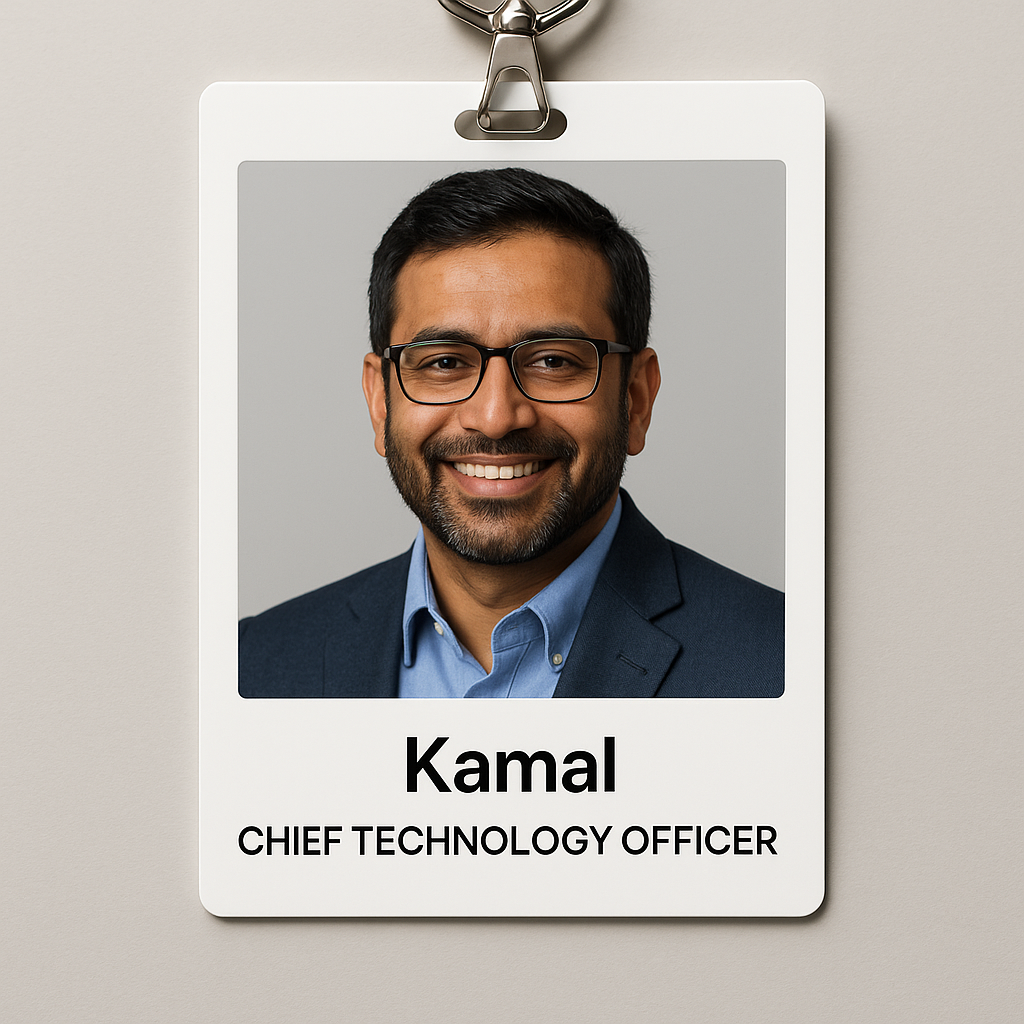The Four Levels of Leadership: Building Leaders at Every Stage

Leadership development is not a one-size-fits-all approach. As executives and aspiring leaders grow, they move through distinct stages, each requiring a unique set of skills, self-awareness, and motivation. In my work as an executive coach, I’ve seen firsthand how guiding leaders through these stages strengthens their capacity to lead effectively and to prepare for greater responsibilities.
Let’s explore the four key levels of leadership development: Leading Self, Leading Others, Leading Managers, and Leading an Organization.
1. Leading Self: The Foundation of Leadership
At its core, leadership begins with self-leadership. This level requires a deep commitment to self-awareness and personal development. Leaders must first understand their strengths, values, and emotional intelligence. This self-awareness drives their ability to manage and to motivate themselves, paving the way for greater performance and credibility.
Effective self-leadership also involves the discipline to manage one’s own time, emotions, and behavior. Leaders at this level must continuously refine their ability to perform at a high level, remain resilient under pressure, and to maintain a growth mindset.
Coaching Insight: As an executive coach, I often encourage leaders to reflect on their internal motivations. Understanding the “why” behind their goals fuels their intrinsic drive and empowers them to lead themselves more effectively.
2. Leading Others: Inspiring and Guiding Teams
Once leaders have mastered self-leadership, they are better positioned to lead others. This involves taking responsibility for guiding individuals or small teams, leveraging interpersonal skills to inspire, influence, and guide their team members toward shared objectives.
Leadership at this level emphasizes the importance of building trust and credibility with those they lead. Leaders must be able to communicate clearly, delegate effectively, and resolve conflicts as they arise. Success in leading others is often reflected in how well leaders can build strong relationships and foster collaboration within their teams.
Coaching Insight: In my executive coaching sessions, I focus on helping leaders refine their ability to coach and mentor others. By modeling strong leadership behaviors, they can guide their teams to new levels of performance while also fostering a culture of growth.
3. Leading Managers: Cultivating Leadership in Others
As leaders rise to higher levels, they begin to oversee managers who lead their own teams. At this stage, leaders must develop their skills in mentoring and coaching other managers, ensuring that these leaders can, in turn, lead their own teams effectively.
This level of leadership requires leaders to balance operational efficiency with the broader strategic vision of the organization. They are responsible for aligning the efforts of multiple teams to achieve organizational goals, which requires a keen understanding of both team dynamics and the larger business context.
Coaching Insight: Leadership development at this stage often focuses on helping leaders transition from a hands-on management role to a more strategic, oversight-driven approach. My coaching aims to strengthen their ability to support and guide other managers while staying focused on the bigger picture.
4. Leading an Organization: Visionary Leadership for Long-Term Success
At the highest level, leaders are responsible for overseeing an entire organization. This requires stepping into a visionary leadership role, where they must create and communicate a compelling vision that inspires innovation, growth, and long-term sustainability.
Leaders at this level must possess the ability to navigate complex challenges, balance competing priorities, and make decisions that have far-reaching impacts on the organization’s future. Their leadership philosophy becomes a driving force behind the company’s culture, strategy, and success.
Coaching Insight: In working with leaders at this level, my focus is on helping them refine their strategic thinking and vision. Leaders must be able to anticipate future trends, adapt to change, and lead their organizations through periods of transformation. Coaching helps them identify blind spots, refine their vision, and build the resilience needed to guide their organizations toward sustainable success.
Conclusion: A Tailored Approach to Leadership Development
Leadership development is a continuous journey, with each level requiring a unique set of skills and strategies. As executive coaches, we play a pivotal role in helping leaders navigate this journey, offering support, accountability, and insight as they grow into more effective and visionary leaders.
By focusing on self-leadership, leaders can build a strong foundation that supports their ability to lead others, manage managers, and ultimately, guide entire organizations toward success. The key is in understanding the specific demands of each stage and developing the skills necessary to meet them.
If you’re ready to take the next step in your leadership journey, let’s recalibrate your goals and explore new ways to grow—together.
Get Practical and Actionable Insights Delivered Monthly
Sign up for our blog now so you never miss out on our expert advice and tips.
Other Blogs

Want Training That Sticks? Add Coaching.

Leading Through Labor Day: The Power of Daily Well-Being in Executive Excellence





